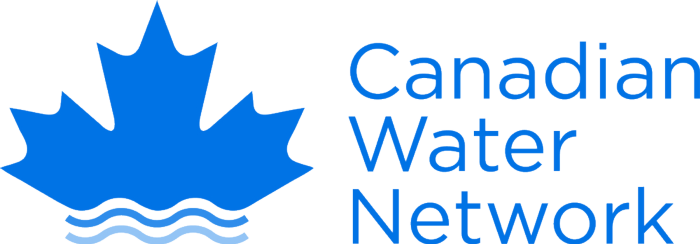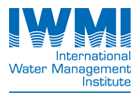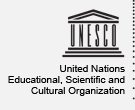Presentations
Ramachandrula, Rama Mohan Venkata
Presentation Title
Opportunities and Constraints to Community Regulation of Groundwater: Lessons from a Grassroots Project in Andhra Pradesh, India
Institution
Centre for World Solidarity
Video
Not Available
Presentation
Profile Picture

Abstract
The pilot project ?Social Regulation of Groundwater Management? was started in late 2003, almost the same time when the Andhra Pradesh Water Land and Trees Act (APWALTA 2002) came in to force. As the name says, the primary focus of the project is on community regulations, unlike the APWALTA's approach of government regulations. When the project was started, major issues of concern were 1) groundwater over-exploitation (including failure of wells and loss of investments) and 2) inequity in access to groundwater. In essence, over-exploitation by about 60-70 percent of people, while 30 percent remain as rain-fed farmers, risking crop losses in the event of droughts. Over-exploitation and inequity are two interrelated issues that clash with each other. Attempts to address one issue will have negative impact on the other. For example, when the new tube wells are restricted farmers not having wells, we are increasing inequity. Conversely, if new wells are encouraged to address inequity, over-exploitation increases. This predicament drives one normally to address only one of these two aspects separately. For example, projects like Andhra Pradesh Micro Irrigation Project (APMIP) that addresses over-exploitation by promoting micro irrigation systems but does not address inequity. APWALTA, follows the principle of Doctrine of Prior Appropriation and reinforces inequity by banning further drilling of wells in over-exploited areas. Addressing both aspects together, over-exploitation and inequity, is the challenge. In this pilot project, in 10 villages, small groups of farmers (2-3 farmers in each group) were formed. In these groups, one tube well-owning farmer shares water with his neighboring farmers, who do not have access to groundwater. Each group uses sprinkler system to save water. This saved water is shared among the new members. By and large, groundwater extraction remained the same or reduced compared to pre-project status. APMIP subsidizes sprinklers and the project provides partial support, say, Rs.2000 (approx. $40) per group to acquire sprinkler sets. Major investments are on education, training and capacity building of farmers towards a change in mind-set. In a way, the project interventions start where APWALTA stops ? and goes beyond. They are not alternatives but supplementary to the law. APWALTA restricts small farmers from accessing groundwater, due to well-spacing restrictions imposed. This project confronts the Doctrine of Prior Appropriation and created rights on groundwater to all those deprived families. This is a small scale pilot, and for up-scaling of these elements at lesser costs, APWALTA needs to make a paradigm shift from this illogical and unjust approach. Integration of groundwater management into existing water management programs, such as watershed management projects, is the best way to address the issue holistically.
Figures
None Available
|












